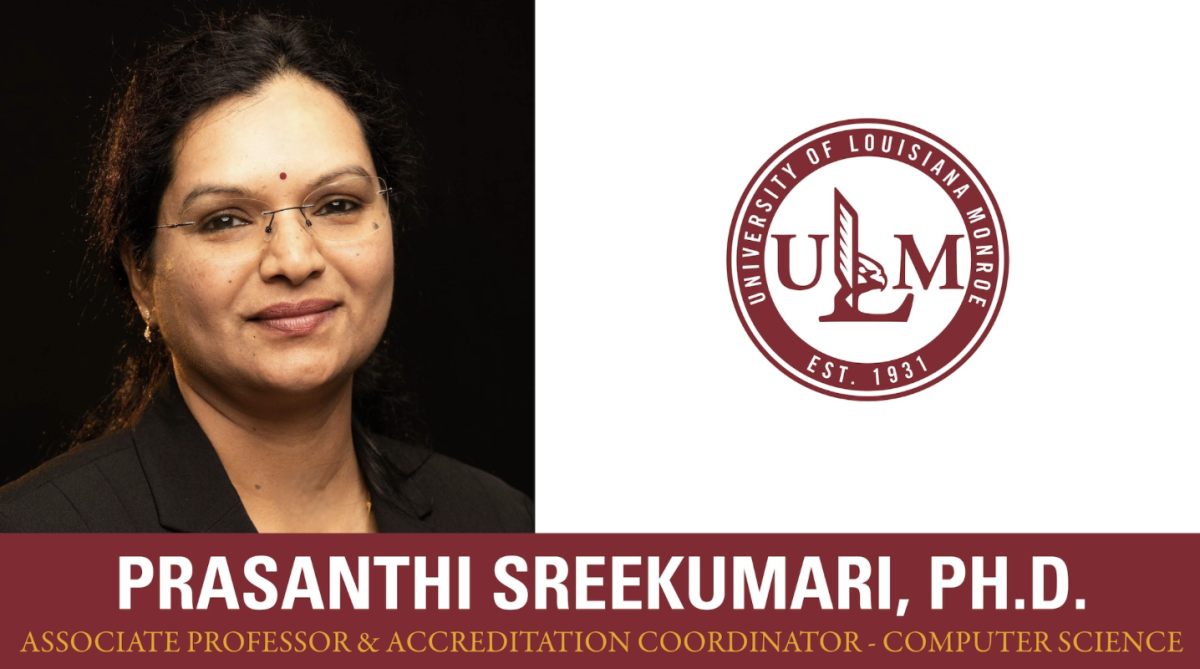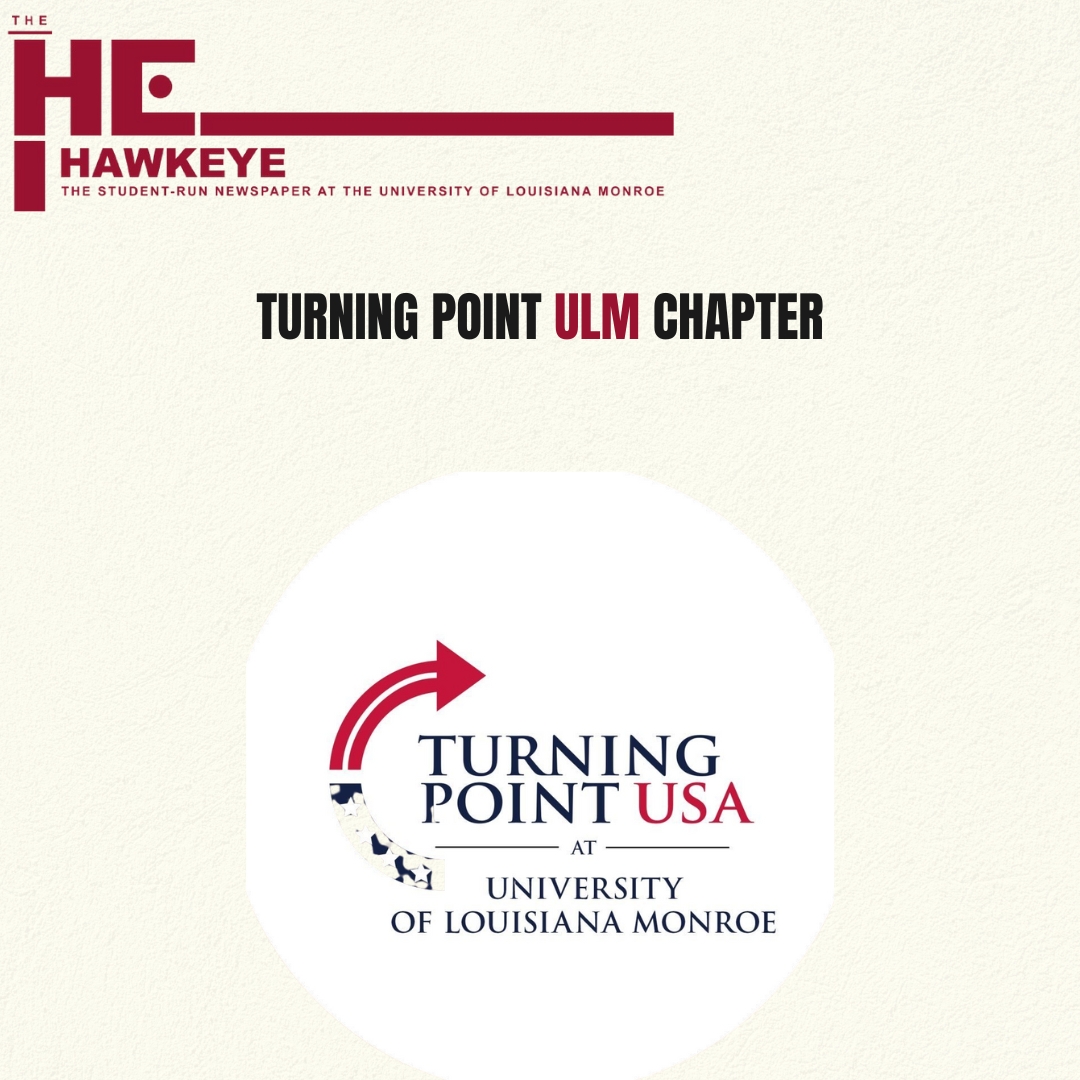On April 2, 2025, Louisiana State University visited ULM to help aspiring law students apply to and prepare for the Law School Admission Test (LSAT). LSU’s director of law admissions, Daphne James, presented a timeline for applying to law school.
James explained that the most important thing to focus on as a freshman is grades. Keeping your GPA high shows law schools your dedication to education. According to James, it is a common misconception that law schools are more likely to accept political science students. In reality, many majors can help prepare students for a future in the legal field. James told students to consider what career they would pursue if they weren’t going into law.
Sophomores and juniors should prepare to take the LSAT. The three-hour test is similar to the ACT and SAT but tests reading comprehension and problem-solving. Taking a class in philosophy can help prepare for the ethical questions on the test. However, ULM does not offer philosophy classes.
Different law schools have various policies about the LSAT. Unlike the ACT or SAT, some schools do not accept the highest scores but instead average the scores of every attempt. Students should consider taking the test with a different mindset. Political science professor Jennifer Dumas explains the LSAT further.
“There are different ideas for how to prepare for the LSAT and different ideas on how many times you should take it ahead of applying for law schools,” Dumas said. “The advice was that it is a test that many people get nervous about, but there are study books and preparation guides. It’s a learnable test.”
Seniors should begin to take or retake the LSAT. They should also finish their resume, letters of recommendation and personal statement. Political science professor Leigh Hersey answered many questions about crafting a personal statement.
“Often, students don’t know what to write about in that statement,” Hersey said. “We really want students to show who they are.”
Sometimes, students are so overwhelmed with the admissions process that they turn to admissions counselors, who help them apply to colleges for a fee. James gave advice to those who were considering that route.
“Don’t pay for an admissions counselor,” James said. “That’s what we do. Every law school has someone who will sit down with you and answer your questions.”
Laying out small goals for law school can make an overwhelming process seem more manageable. If you have any questions, feel free to contact [email protected] or call (225) 578-8646.




